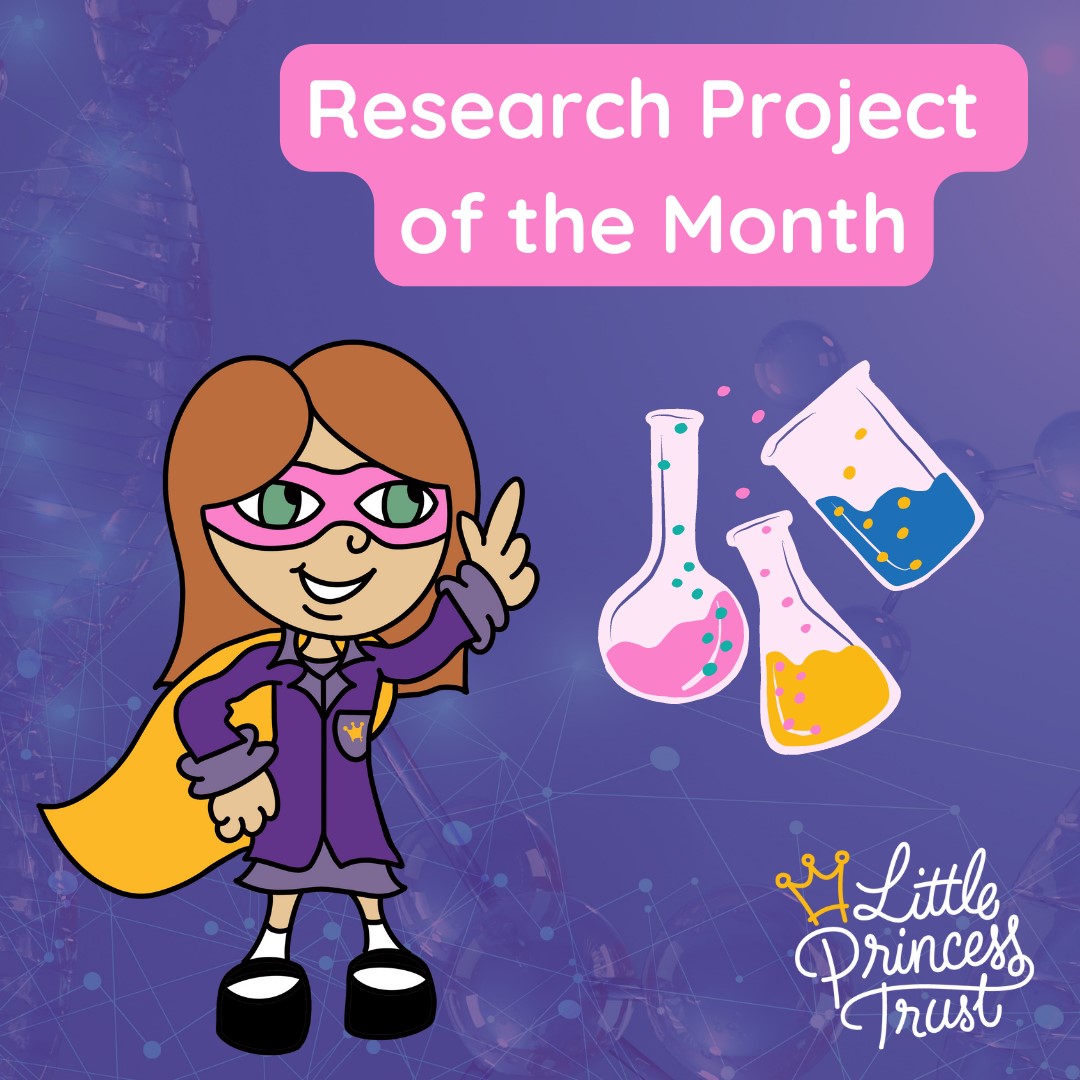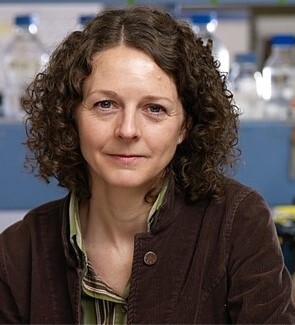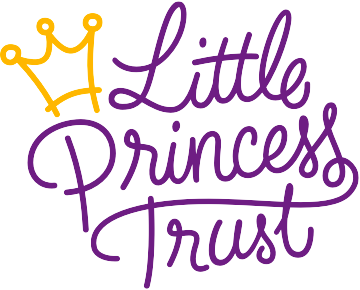Little Princess Trust News
Progress for children with bone cancer

Research aims to help young people with Ewing sarcoma
Cancer is not a new disease. Scientists believe that cancer has been around since single celled organisms evolved into many celled organisms – 600 million years ago.
In 2020, scientists discovered a plant eating dinosaur that had osteosarcoma, a type of bone cancer.
In humans, the earliest recorded evidence of cancer in humans dates back around 5,000 years. While cancer has a long history, it’s within the past 100 years that we’ve made significant progress in treating childhood cancer.
Now, there are lots of different treatments, and many children live happy lives after their treatment.
However, some cancers don’t have as many treatment options, and it can be difficult for patients to get better.
Children with Ewing sarcoma that has spread from their bones to other places in their body don’t have many treatment options.
This is partly because no current treatments are able to kill the Ewing sarcoma cells that are responsible for the cancer growing back, and these are often also resistant to treatment.
Dr Susan Burchill at the University of Leeds wants to find a way to help these patients. However, she knows that creating a new medicine would take a very long time and so wouldn’t be able to help children for at least a decade.
That’s why she wants to find existing medicines we already know are safe that can also kill those hard-to-treat Ewing sarcoma cells.

In her first Little Princess Trust project, which finished in 2021, Susan identified individual medicines that kill the Ewing sarcoma cells responsible for progression and relapse.
These ‘new’ drugs have not previously been used for patients with Ewing sarcoma, although they have been given to patients with other cancers or diseases so we know they are safe.
Now, Susan is working on another Little Princess Trust project. She hopes to find out whether combining medicines, like the ones found in her previous project, with other cancer treatments would be more effective.
Her goal is to gather evidence about these combination treatments that will help get them into a clinical trial sooner, where they can help real patients with Ewing sarcoma.
One medicine has been particularly successful in small groups of cancer cells when combined with other chemotherapies.
So far, her team have identified a number of combination treatment options, and worked out how much of each medicine is needed to work properly.
They know these treatments work on small groups of cancer cells, so the researchers are now testing the treatment combinations on 3D clumps of cancer cells. This more accurately mimics how the medicine would behave with a real tumour.
One medicine has been particularly successful in small groups of cancer cells when combined with other chemotherapies, so the researchers are now looking at whether that medicine might be even more effective when combined with radiotherapy to treat 3D tumours.
If successful, this project could speed up the process of getting new treatments into a clinical trial for patients with relapsed Ewing sarcoma.
Susan hopes that the team will be able to start thinking about clinical trials within five years – much faster than if they were developing an entirely new medicine.
Find out more about Susan’s ongoing project here.



